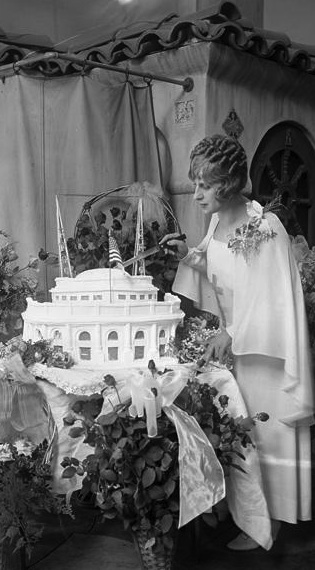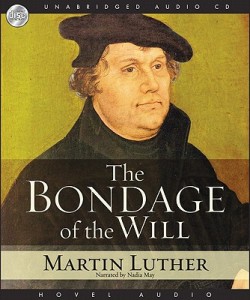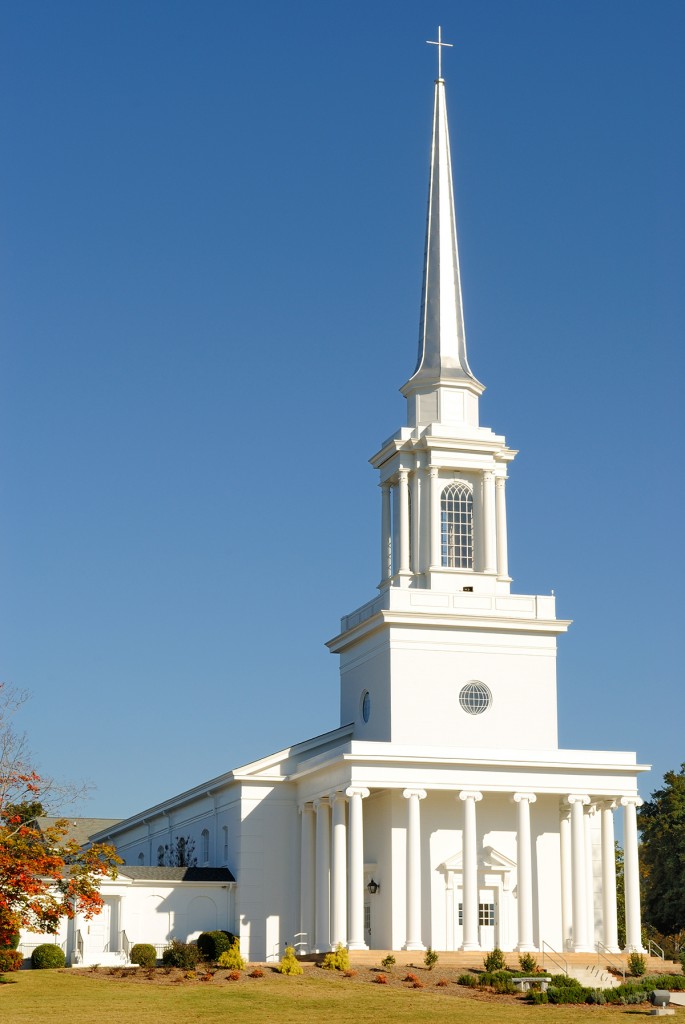Mark Antony:
Friends, Romans, countrymen, lend me your ears;
I come to bury Caesar, not to praise him;
The evil that men do lives after them,
The good is oft interred with their bones,
So let it be with Caesar …Julius Caesar by William Shakespeare. Act 3, Scene 2.
Should we bury the New York Times today, or praise it for reporting on the resurgence of Calvinism?
Mind you, the Times does not have the story wrong, but it’s timing is bit off. This story has been making the rounds of the religious and secular press for close to a decade, while claims of a Calvinist revival have appeared every few generations in America.
Has the New York Times made the same error as the Washington Post, which last month reported as new news the interest in liturgy by non-liturgical Christians? Or, has the Times gathered the disparate elements of this story and repackaged it for a secular, theologically illiterate audience?
In the circles in which I travel, this story was greeted with ridicule. The Institute on Religion and Democracy’s Barton Gingerich (with pith and vim) encapsulated the views of the critics.
Johnny-Come-freaking-Lately. The Restless and Reformed Movement has been running at full steam for at least half a decade now. Remember when religion reporters for newspapers had to, you know, keep on the cutting edge of things?
Ridicule or praise? Perhaps snark? Which shall it be?
The article entitled “Evangelicals Find Themselves in the Midst of a Calvinist Revival” published in the January 4, 2014 edition reports:
Evangelicalism is in the midst of a Calvinist revival. Increasing numbers of preachers and professors teach the views of the 16th-century French reformer. Mark Driscoll, John Piper and Tim Keller — megachurch preachers and important evangelical authors — are all Calvinist. Attendance at Calvin-influenced worship conferences and churches is up, particularly among worshipers in their 20s and 30s.
The article defines its terms stating:
Calvinism is a theological orientation, not a denomination or organization. The Puritans were Calvinist. Presbyterians descend from Scottish Calvinists. Many early Baptists were Calvinist. But in the 19th century, Protestantism moved toward the non-Calvinist belief that humans must consent to their own salvation — an optimistic, quintessentially American belief. In the United States today, one large denomination, the Presbyterian Church in America, is unapologetically Calvinist.
Also, it briefly mentions the battle over Calvinism within the Southern Baptist Convention, noting that “in the last 30 years or so, Calvinists have gained prominence in other branches of Protestantism.”
Support for the Times‘ thesis comes through an interview with Mark Dever of Capitol Hill Baptist Church, a “man in the street”, Collin Hansen, the author of “Young, Restless, Reformed: A Journalist’s Journey With the New Calvinists” and academics who in turn condemn the phenomena and opine that it might catch on even in liberal denominations. (Oh, and as an aside, why has the Times dropped the use of the honorific “the Rev.”? It does not appear in this story but several ordained ministers are quoted or cited. Get an Associated Press Stylebook, people.)














